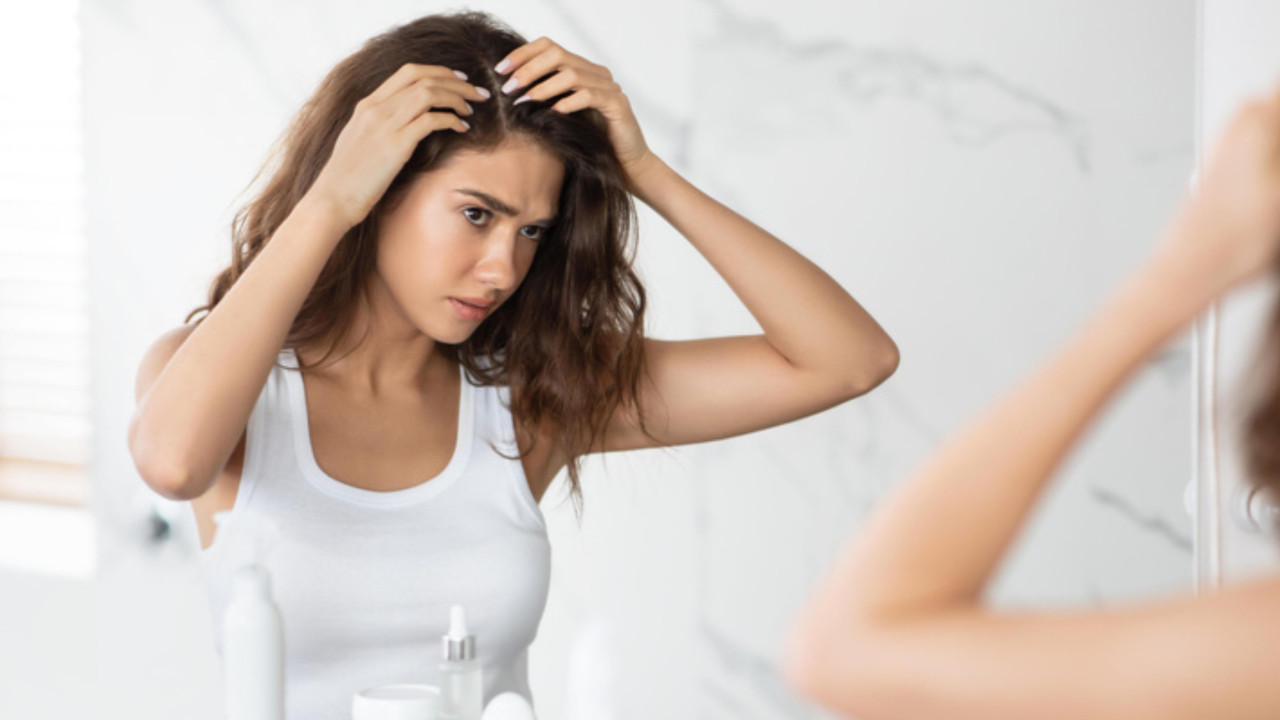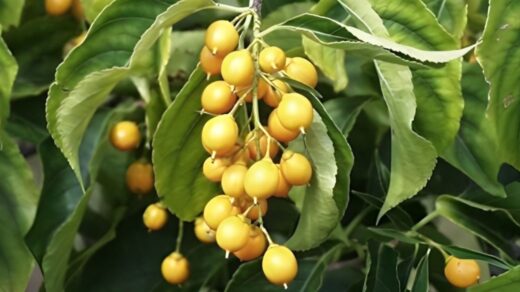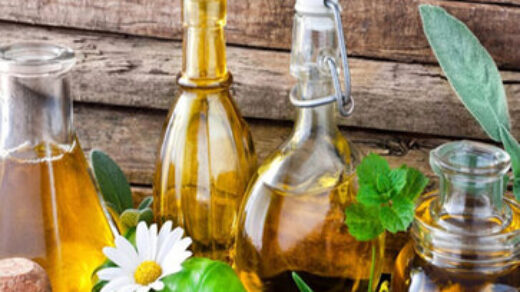How Can I Get Rid of Dandruff and Itchy Scalp at Home?
Dandruff and an itchy scalp are common issues that can affect anyone, often causing discomfort and self-consciousness. Dandruff, characterized by flaking and dryness, and an itchy scalp can result from various factors, including dryness, irritation, or underlying skin conditions.
From an Ayurvedic perspective, hair health is deeply connected to overall balance within the body. Ayurveda, an ancient system of medicine from India, views hair and scalp health as a reflection of the body’s internal balance, particularly the balance of doshas (body energies).
According to Ayurvedic principles, an imbalance in these doshas—such as excess Pitta (heat) or Vata (dryness)—can lead to scalp issues like dandruff and itching. Ayurvedic remedies focus on restoring balance through natural treatments, including diet, herbal applications, and lifestyle adjustments to promote healthy, nourished hair and a calm, irritation-free scalp.
What is Dandruff?
Dandruff is a common scalp condition characterized by the shedding of dead skin cells, which appear as white or yellowish flakes on the scalp and sometimes on the shoulders. It can cause itching and irritation, and while it’s not a serious health concern, it can be uncomfortable and affect self-esteem.
Common Causes of Dandruff
- Dry Scalp: Lack of moisture can lead to flakiness and irritation.
- Oily Skin: Excess oil production can cause an overgrowth of yeast, leading to dandruff.
- Seborrheic Dermatitis: A chronic condition that causes red, greasy, and flaky patches on the scalp.
- Fungal Infections: The yeast-like fungus Malassezia, which lives on the scalp, can sometimes overgrow and contribute to dandruff.
- Sensitivity to Hair Products: Allergic reactions or sensitivity to certain shampoos, conditioners, or hair treatments can irritate the scalp.
Symptoms of Dandruff
- Flaky Scalp: Visible white or yellow flakes on the scalp and hair.
- Itching: Persistent itching or irritation on the scalp.
- Dryness: Scalp may feel dry and tight.
- Redness: In some cases, the scalp can become red and inflamed, particularly with seborrheic dermatitis.
- Scalp Irritation: The scalp may be sensitive and prone to discomfort.
Ayurvedic View on Dandruff
In Ayurveda, dandruff is viewed as a symptom of imbalanced doshas, specifically the Vata and Pitta doshas, which affect the scalp’s health. Here’s how Ayurveda interprets and addresses dandruff:
Dosha Imbalances and Dandruff
Vata Imbalance:
- Characteristics: Excess Vata is associated with dryness and roughness. When Vata is out of balance, it can lead to a dry, flaky scalp, which manifests as dandruff. This imbalance often results in a lack of moisture and hydration in the scalp.
- Ayurvedic Approach: To balance Vata, Ayurvedic practices recommend incorporating moisturizing and hydrating foods, as well as using nourishing oils and herbal treatments that provide essential moisture to the scalp.
Pitta Imbalance:
- Characteristics: Excess Pitta is linked to heat, inflammation, and oiliness. An imbalance in Pitta can lead to an oily scalp, increased seborrheic conditions, and irritation, which can contribute to dandruff.
- Ayurvedic Approach: To balance Pitta, it is advised to consume cooling foods and herbs that reduce inflammation and soothe the scalp. Practices such as using cooling oils and avoiding spicy or heating foods are recommended.
Kapha Imbalance:
- Characteristics: Although less common, an excess of Kapha can contribute to dandruff if it leads to an excessively oily or sticky scalp.
- Ayurvedic Approach: To balance Kapha, it is important to use treatments that help to reduce excess moisture and improve scalp hygiene.
Ayurvedic Remedies for Dandruff
Ayurveda emphasizes a comprehensive approach to treating dandruff, focusing on diet, lifestyle, and topical treatments:
- Diet: A balanced diet that supports dosha equilibrium is crucial. Include foods that are hydrating and cooling for Pitta imbalances, and moisturizing for Vata imbalances. Avoid overly spicy, fried, or processed foods that can aggravate scalp conditions.
- Herbal Treatments: Use herbal remedies known for their soothing, anti-inflammatory, and antimicrobial properties. Common Ayurvedic ingredients for dandruff include neem, amla, fenugreek, aloe vera, and tulsi. These herbs help to address the root causes of dandruff and restore balance.
- Lifestyle Practices: Stress management, adequate hydration, and a balanced lifestyle play essential roles in maintaining scalp health. Ayurvedic practices such as regular oil massages with nourishing oils, proper sleep, and stress reduction techniques support overall well-being and contribute to a healthy scalp.
In essence, Ayurveda views dandruff as an external manifestation of internal imbalances. By addressing these imbalances through natural and holistic means, Ayurveda aims to restore harmony and promote long-term scalp and hair health.
Ayurvedic Tips for Treating Dandruff
Ayurveda advocates for a holistic approach to treating dandruff, emphasizing the balance of body, mind, and spirit. This involves:
- Dietary Adjustments: Incorporating foods that balance the doshas, such as cooling and hydrating foods for Pitta imbalances or light, warming foods for Vata imbalances. For instance, including anti-inflammatory spices like turmeric and consuming hydrating fruits can help.
- Herbal Remedies: Using Ayurvedic herbs like neem, aloe vera, and bhringraj in topical treatments can soothe the scalp and address imbalances. These herbs have anti-inflammatory and antimicrobial properties that help manage dandruff.
- Lifestyle Changes: Practicing stress management techniques, ensuring adequate hydration, and maintaining a balanced routine contribute to overall scalp health. Regular oil massages with calming oils like coconut or sesame can nourish the scalp and help restore balance.
- Mind-Body Connection: Addressing mental and emotional well-being is crucial, as stress and emotional imbalances can exacerbate physical symptoms. Techniques such as yoga and meditation can support overall health and aid in balancing the doshas.
By addressing dandruff from multiple angles—diet, herbal treatments, lifestyle adjustments, and mental well-being—Ayurveda aims to restore harmony and promote long-term scalp health.



























Hey dear i was really upset due to dandruff but after reading about these home remedies i am feeling relax and will apply on my daily life. Thanks